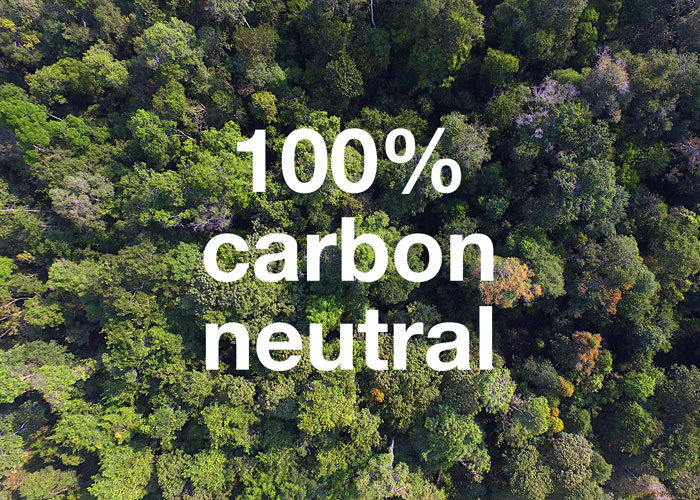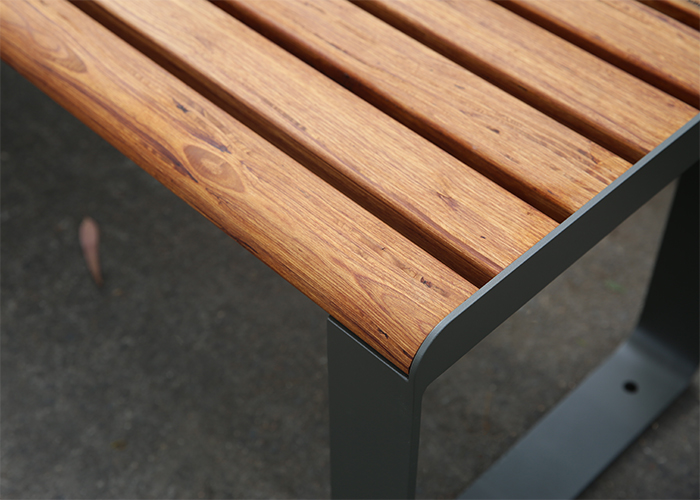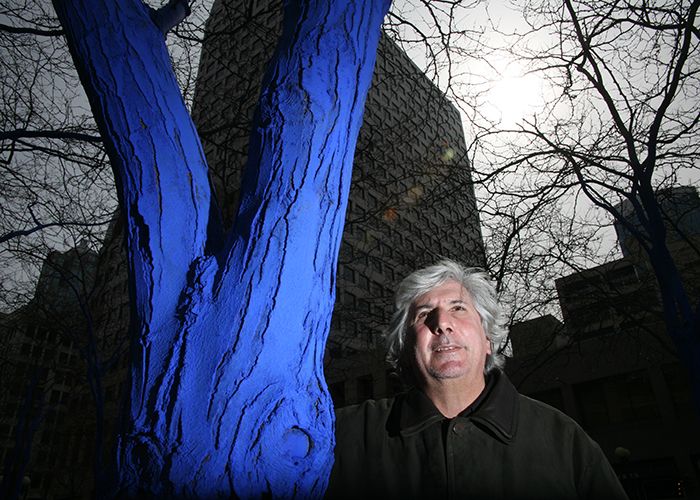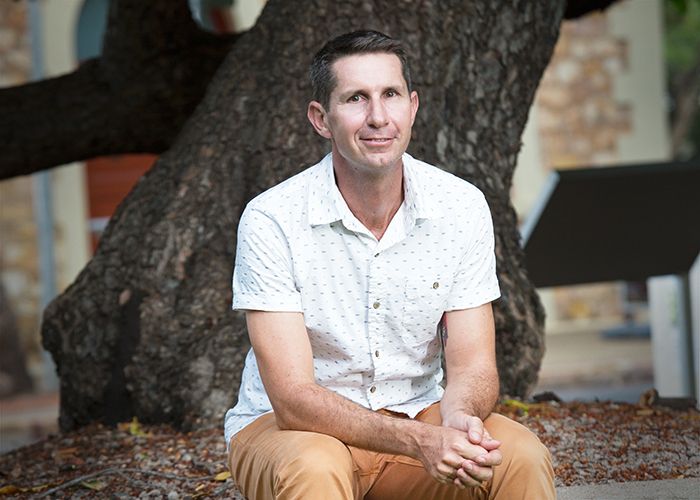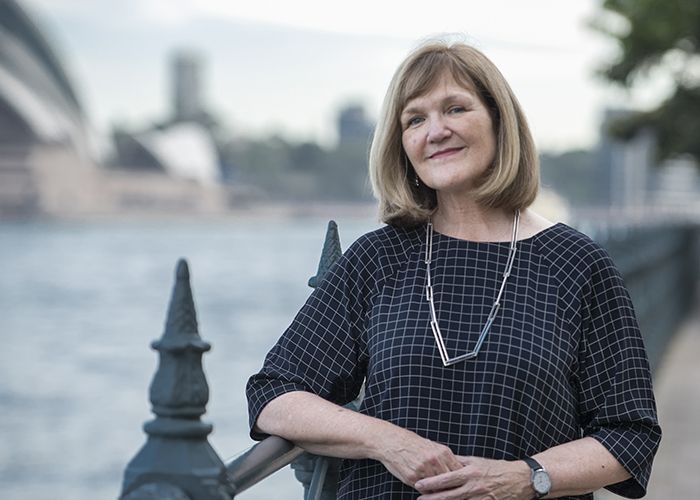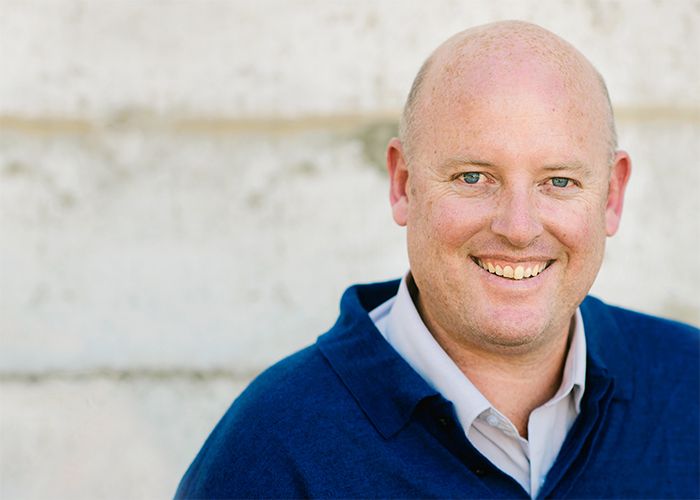
Mark Frisby was elected National President of AILA at a time of great change for the organisation. With new CEO Tim Arnold officially announced this week to take the reins from Shahana McKenzie during the Festival of Landscape Architecture in October, new shifts are coming.
StreetChat talks with Mark about his vision for AILA, and the spaces he’s most proud of as a Melbourne-based landscape architect.
Having presided at the AILA at both a state and national level, can you map out for us some of the changes you have seen and your thoughts on the future?
My involvement in AILA has been extremely rewarding both personally and professionally. At a state level, it has been great to see the evolution of AILA Fresh and the Victorian state manager, which started when I was on the Victorian State Executive. To then be elected National President was a special honour. It happened at a time when AILA was facing challenges on multiple fronts and some significant decisions needed to be made.
Thanks to the combined efforts of the CEO, AILA staff, the Board and members, things are looking very positive for the future. The growth in membership to around 3000 members, up from about 1300 in 2013, is the best evidence of how far AILA has progressed.
I was recently part of the selection process for the new AILA CEO which was a time to reflect on the enormous contribution Shahana has made. As she noted in her farewell message, AILA has ‘… come a long way baby,’ since she was appointed.
It’s great to see Shahana take the next step in her career and I’m excited to see what the new CEO, Tim Arnold, will bring to the role as he works with the AILA Board to oversee the next chapter in the history of AILA.
Since finishing my time on the Board, AILA has continued to raise the profile of the profession through activities such as the Living Cities Workshop, Federal and State government advocacy, and the launch of Foreground.
Which urban landscape projects excite you at the moment, in Australia or international?
I’ve always enjoyed seeing the work of landscape architects achieving terrific outcomes on what might be seen as an ‘everyday’ or ‘ordinary’ projects.
The profession is always exposed to new concepts, such as placemaking, tactical urbanism and more recently biophilic design.
These ideas are important responses to current design challenges, but the fundaments of landscape architecture have proven to be the best way to provide the community with long-lasting outcomes.
Managing urban growth is a key challenge for Australian cities. In parts of the country, the speed with which growth has accelerated has not been matched by the creation of new open spaces, open space upgrades and streetscape enhancements.
An encouraging step in the evolution of Australian cities has been the proliferation of light rail projects around Australia. While it is a step in the right direction, there is still more to be done.
Which of your design projects are you most proud of, in terms of bringing lasting value to a community?
Fitzgerald Frisby Landscape Architecture (FFLA) celebrated ten years as a practice this year. It has been interesting to look back at some of the projects over that period.
Sometimes a community can take you on journey that was not evident when the project started. A project with Gippsland Lakes Community Health in Lakes Entrance was one of these.
It started with working with the Indigenous and broader community on the design of outdoor spaces as part of new building works at the community health facility. It led to discussions about the area’s history, the shared appreciation of the natural environment, and the desire to create spaces for community events and art installations.
Our role evolved to be less about design and more as a facilitator to help the community get to where they wanted to go. I consider myself lucky to have been taken on that journey.
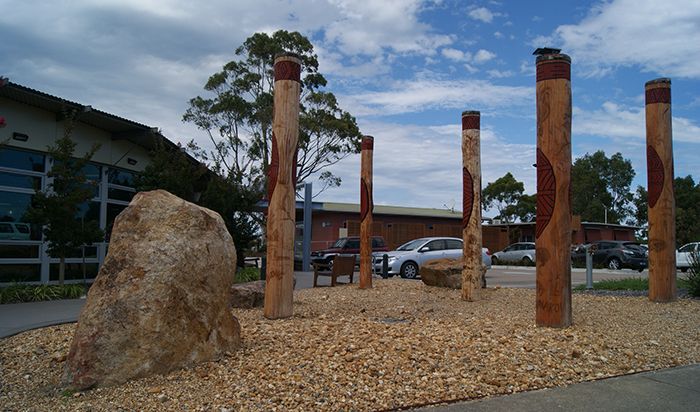
Empowering community: Gippsland Lakes Community Health project in Lakes Entrance.
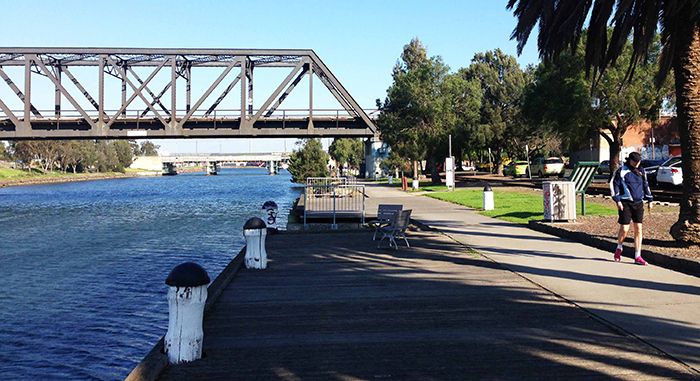
The Western Metropolitan Regional Trails Strategic Plan, recently shortlisted for the 2017 Australian Urban Design Awards.
Over the past few years, FFLA has increasingly taken a lead in broader-scale strategic projects, which has introduced a different dimension to community interaction but also the scale of influence.
We prepared the Western Metropolitan Regional Trails Strategic Plan for the six inner-west metropolitan councils of Melbourne, which is one of the fastest growing regions in Australia.
More than 900 km of riding was completed as part of the trail assessments, with recommendations considering broader community benefits such as tourism opportunities and sustainable transport. Already key projects have received funding and we look forward to seeing the ‘missing links’ constructed in the coming years.
Update: The Western Metropolitan Regional Trails Strategic Plan has been shortlisted in the 2017 Australian Urban Design Awards.
You have three sons. How do they influence your ideas for reimagining parks, urban precincts and community spaces?
My sons have had a very different life to the one I had growing up in suburban Mount Waverley. When they were younger, they opened my eyes to the importance of creating kid-friendly spaces.
Increasingly, it is about reassuring parents that an environment is safe for kids to explore independently. It goes beyond parks to include streetscapes with fundamental elements such as continuous path networks and well-defined road crossings, especially if you want people to walk and ride more.
It has been interesting to see how my boys respond to different urban and natural environments as we have travelled around Australia and overseas. As they move through their teenage years and into adulthood, I look forward to more shared adventures and moments of enlightenment.
The FFLA studio is involved with teaching university students ecology and sustainable design. What interests you most about the next generation of designers?
There has never been a better time to be a landscape architecture student as the influence and breadth of the profession continues to grow. We enjoy sharing our experiences with students, as well as learning from their perspectives and interpretation of issues.
Discussing our work in sensitive ecological environments and coastal settings is a particularly interesting area to explore. Students are aware that during their professional careers they will need to develop solutions to deal with the impacts of climate change and global warming.
Understanding natural systems is a key part of developing strategies and designs that deal with current and future community needs.
You were one of the first landscape architecture students to complete the Timber Furniture Workshop at the University of Melbourne. What did you learn about the qualities of timber?
The studio was a terrific opportunity to explore the design and construction of an object. It required research into the source of different timbers in Victoria, material qualities, suitability for exterior use, the distribution of tree species across the state, and ethical decisions about plantation and old-growth timber.
Timber selection investigations overlapped with plant ecology subjects I had studied as an elective in the botany faculty. It revealed to me the impacts (both positive and negative) a designer can have on the natural environment, which is a responsibility I still take very seriously.
In Profile is a Q&A series featuring Australian influencers of the public realm.
Interviewees are players in the public sphere with compelling stories, not always affiliated with SFA.
To nominate a subject, please contact the editor via editor@streetfurniture.com



